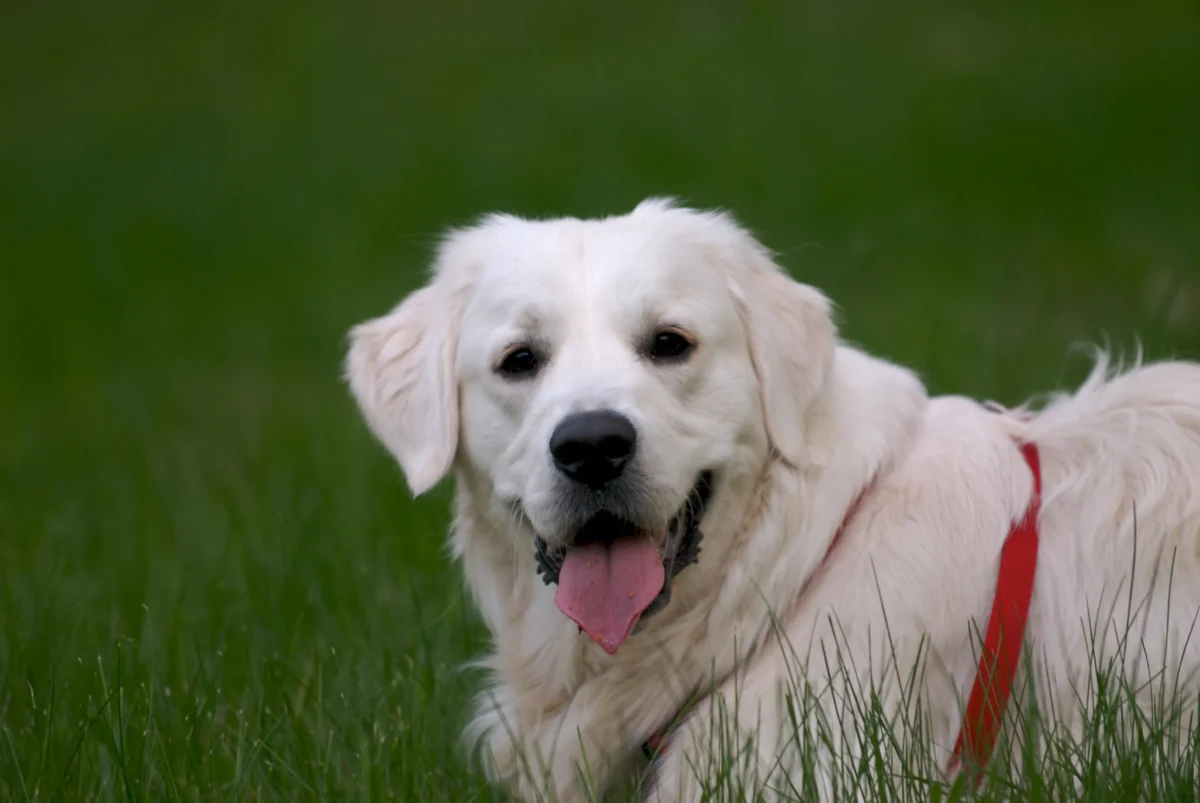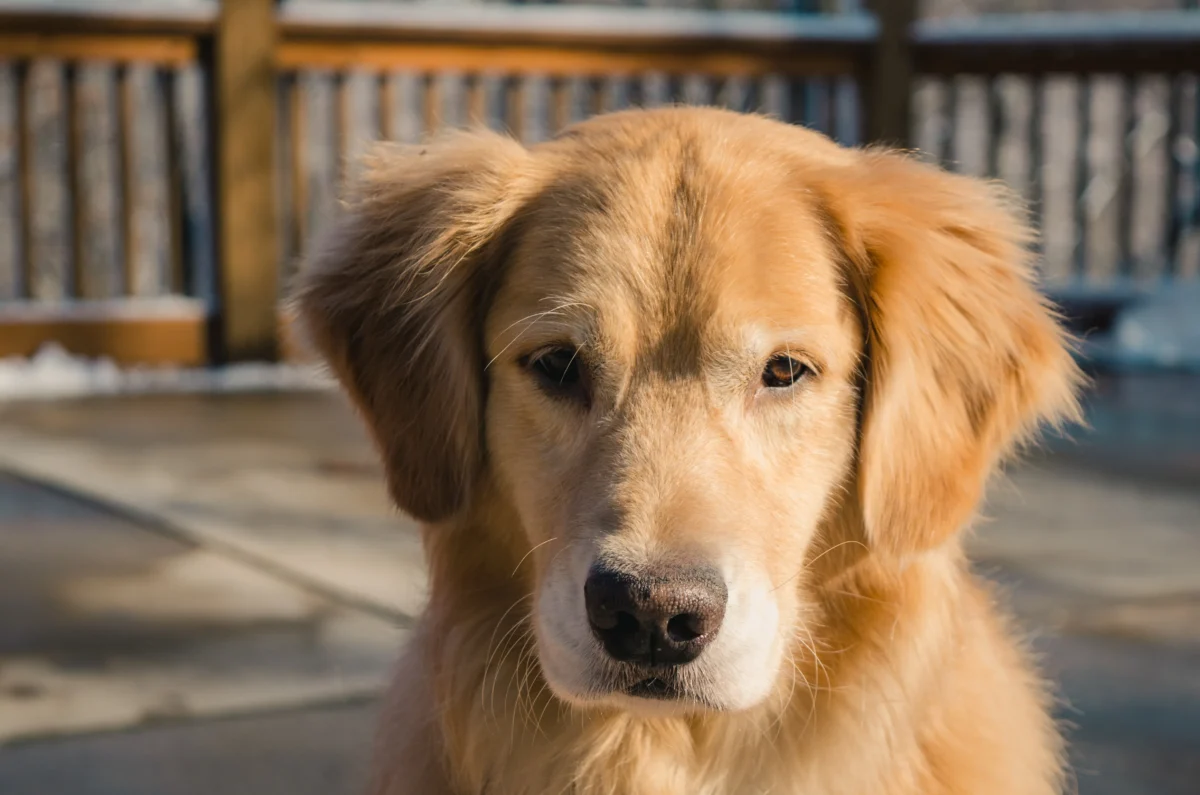Many people believe that dogs eat grass because they are sick, but this is not necessarily the case. Dogs may eat grass for a variety of reasons, including boredom, hunger, or curiosity. Is it bad for dogs to eat grass?
While eating grass does not typically pose a health risk to dogs, there are some exceptions to be aware of.
What makes dogs eat grass?
The reasons why dogs eat grass are not fully understood, but there are several theories. Some people believe that dogs eat grass because they are sick, but this is not necessarily the case. Dogs may eat grass for a variety of reasons, including boredom, hunger, or curiosity.
If you leave your little best friend alone for longer than usual, they may get bored and start to do weird things to attract your attention. This includes eating grass. Their hunger may also motivate them to start nibbling on your houseplants.
Dogs are also known to be attracted to the smell of certain plants, which may lead them to taste-test a leaf or two. In some cases, dogs have been known to eat grass because they are trying to self-regulate their digestive system.
The benefits of eating grass for dogs
While there is no concrete evidence that suggests eating grass has health benefits for dogs, some people believe that it helps with digestion. The grass is a good source of fiber and can help to bulk up stool and make it easier to pass. Additionally, grass may help to soothe an upset stomach and relieve nausea.
Eating grass does not typically pose a health risk to dogs, but there are some exceptions to be aware of. For example, if the grass has been treated with chemicals, it could make your dog sick. Pesticides and herbicides can be poisonous to dogs if ingested in large quantities, so it’s important to avoid letting your dog eat grass from treated areas.
Potential Risks
For dogs with certain medical conditions, eating grass can cause problems. For example, dogs with gastrointestinal issues may vomit or have diarrhea after eating grass. If your dog is vomiting or having diarrhea after eating grass, it’s best to consult your veterinarian.
Additionally, some dogs may be allergic to grass. If your dog is scratching or biting at their skin after coming into contact with grass, they may have an allergic reaction. If you suspect your dog is allergic to grass, it’s best to take them to the vet for further evaluation.
How to prevent your dog from eating grass?
If you’re worried about your dog eating grass, there are a few things you can do to prevent it. First, make sure your dog has plenty of toys and chew bones to keep them occupied. You can also try training your dog with positive reinforcement – rewarding them when they don’t eat grass.
If you suspect your dog is eating grass because they’re bored or hungry, try increasing their exercise time or feeding them smaller meals more often throughout the day. If you think your dog is eating grass because they’re trying to self-regulate their digestive system, make sure they’re getting enough fiber in their diet.
You can also try to discourage your dog from eating grass by offering them alternative plants to nibble on. Dog-safe options include carrots, celery, and green beans.
How to make sure your dog doesn’t eat too much grass?
If you’re worried about your dog eating too much grass, there are a few things you can do to make sure they don’t overeat. First, try to supervise your dog when they’re outside. This will help you to keep an eye on their grass-eating habits and make sure they’re not consuming too much.
You can also try to limit your dog’s access to grassy areas. If possible, keep them on a leash or in a fenced-in area when they’re outside. Additionally, make sure the grass in your yard is well-trimmed, so they’re less likely to be able to reach it.

« How to Rescue and Adopt a Golden Retriever in Las Vegas: A Guide for Loving Dog Owners
Golden Retriever Rescues in New Hampshire: Your Guide to Adopting a Furry Friend »
Finally, if you think your dog is eating too much grass, it’s best to consult your veterinarian for further advice. They may recommend reducing the amount of fiber in your dog’s diet or increasing their exercise time.
What to do if your dog vomits after eating grass?
If your dog vomits after eating grass, it’s important to consult your veterinarian. They will be able to determine if there is an underlying health condition that is causing the vomiting. If your dog has an upset stomach or is nauseous, the vet may recommend a bland diet or anti-nausea medication.
It’s also important to make sure your dog has access to plenty of fresh water. Drinking water will help to flush out their system and prevent dehydration. If your dog is vomiting frequently or showing signs of dehydration, it’s best to take them to the vet for further evaluation.
Tips for keeping your lawn healthy and safe for dogs
If you’re worried about your dog eating grass, there are a few things you can do to make sure your lawn is healthy and safe. First, avoid using chemicals on your lawn. This includes fertilizers, herbicides, and pesticides.
Second, make sure your lawn is well-trimmed. Tall grass can attract insects and other pests that can be harmful to dogs. Additionally, tall grass can also harbor harmful bacteria or fungi.
Finally, it’s important to provide your dog with plenty of fresh water. Drinking water will help to flush out their system and prevent dehydration. If you have any concerns about your dog’s health, it’s best to consult your veterinarian.
Our Final Thoughts
Eating grass is generally safe for dogs, but there are some potential risks to be aware of. If you’re concerned about your dog eating grass, it’s best to consult your veterinarian for further advice. They will be able to diagnose and treat the main reason behind grass eating.
Additionally, make sure your dog has plenty of freshwater and is getting enough exercise and fiber in their diet. Ensure that you are giving your pet their due time, and they also have toys and chews to keep them entertained.
Finally, try to supervise your dog when they’re outside and limit their access to grassy areas if possible. This may help them get rid of the grass-eating habit.









